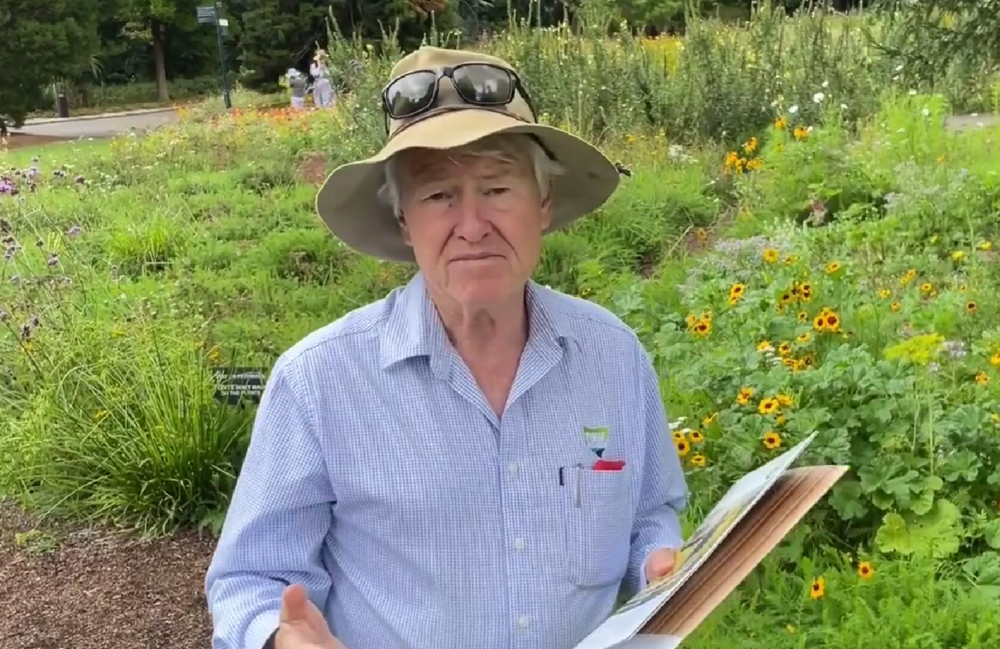Fire ant inquiry draws wisdom from abroad
Laura Williams
11 March 2024, 6:40 AM
 Red Imported Fire Ants pose one of Australia's greatest biosecurity threats.
Red Imported Fire Ants pose one of Australia's greatest biosecurity threats. Farming bodies and experts met in Newcastle last week for the second hearing of the Inquiry into the spread of Red Imported Fire Ants (RIFA).
Representatives from NSW Farmers and Grain Producers Australia shared their perspectives on the potential biosecurity emergency that the fire ants represent, while Texas-based entomologist Dr Robert Puckett shared wisdom gained from the United State’s war with RIFA.
It seems all is not lost when it comes to ridding Australia of the fiery pest.
Asked if eradication is possible in Australia, Dr Puckett said that with changes, there is still hope for eliminating the ants completely.
“It’s a matter of scale. If you could get enough bait, in all the areas they occur...I think you can eradicate them. Can that be done…I don’t know,” Dr Puckett said.
“If you have enough energy, personnel, and finance to drive this process to completion, you may be able to do this.”
Dr Puckett warned of mistakes made in the U.S that fuelled the ant population rather than managed them.
”Our largest mistake was the use of contact insecticide dropped aerially…what we were disturbing was the would-be competitors of fire ants…so when fire ants moved in, they had no competitors and they thrived,” he said.
In-fighting between states - which Dr Puckett said he was already detecting here - is also a factor he warned against.
“The worst thing folks can do is start to finger point…it doesn’t matter, the problem is shared by all.”
Keeping Ag Going
Meanwhile, farming bodies urged practical action in the face of a dangerous threat to the agriculture industry.
“We’re losing control of our island, pest by pest and month by month,” said NSW Farmers president Xavier Martin.
“We need practical responses, not theoretical chats with academics”
Mr Martin said that more levies being paid by farmers - including to Animal Health Australia and Plant Health Australia - would be for nothing if research doesn't deliver practical solutions and production is no longer possible.

NSW Farmers president Xavier Martin (Facebook: NSW Farmers)
“They’ve had it up to their nose…with paying for R&D and biosecurity levies…everyone wants to levy the farm gate to the point that every year the levy is worth more than the farmer’s motorcar,” Mr Martin said.
“This pest actually changes the flora, which changes the fauna…it changes what food and fibre is going to turn up to consumers.”
“It’s not just about whether you can take a walk in the park without having children bitten or whether your cricket is called off because your cricket ground is not suitable.”
The inquiry will continue with another hearing in Canberra on 18 March, 2024, before a final report is due on 18 April.



